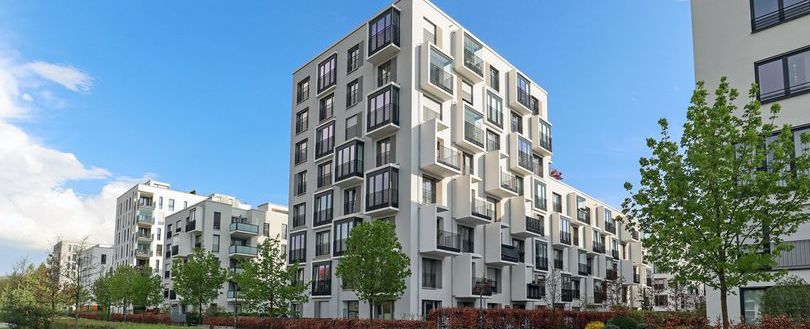
By June 2024, according to the new manifesto, all buildings must have remediation plans
Like it? Share it!
07 November 2023
The manifesto of the campaign group was released on Sunday and includes demands for thorough risk assessment guidelines, remediation at a quicker rate, and protection from all other costs, including exorbitant insurance premiums, in addition to protection from remediation costs for all leaseholders.
For buildings of all heights and both external and internal defects, the group is requesting "definitive, holistic, and risk-based guidance" ahead of the next general election, "so that safety assessments and the remediation required will be clear and consistent."
It said there must be a “clear and consistent risk assessment standard” that can be applied to buildings of all heights.
“A case-by-case approach is unsustainable for dealing with the magnitude of affected buildings under 11 metres in height.
“Where professional risk assessments call for remediation or mitigation measures, then action to make the building safe must follow, regardless of building height.
“The government should work with all stakeholders to ensure their view of risk in buildings under 11 metres is not contradicted by the approach taken by lenders, insurers, fire engineers, and building owners,” according to the manifesto.
As per the group's recommendations, government grant funding schemes should be expanded to "ensure buildings can be made fully safe" by addressing non-cladding defects and including mitigation measures like sprinklers when recommended by comprehensive risk assessments.
“In simple terms, funding should match the risk,” it said.
The group said that all leaseholders must be protected from all costs related to the building safety crisis.
“There should be no ‘non-qualifying’ leases, and all multi-occupancy residential buildings should qualify for the leaseholder protections,” it said.
“No leaseholder should pay a penny to remediate building safety defects; the cap should be zero (£0). If the government maintains that leaseholders should shoulder any costs, it should be transparent by reporting how many leaseholders are paying and how much,” it said.
All financial losses should be covered by the Building Safety Act’s ‘leaseholder protections’, according to the manifesto.
“All buildings must have a remediation plan in place by June 2024, and there must be clear deadlines for the completion of remediation work,” the group said.
The group recommended that to expedite the remediation process, the government should think about utilising its powers to issue compulsory purchase orders (CPOs) to seize direct ownership of the freehold of any building whose owner is not performing remedial work by a specified deadline.
The group also called for “robust oversight” of the developer self-remediation contracts with “deadlines to ensure our homes are made safe at pace and that the scope of work is not reduced to prioritise their profits over our safety – leaving leaseholders liable for the remaining defects”.
The manifesto said: “Since we launched our campaign in 2019, the government has announced £5.1bn of funding through the ACM Cladding Remediation Fund, Building Safety Fund (BSF), and Cladding Safety Scheme (CSS), although only a quarter of this has been spent since the BSF launched three years ago.
“This funding will also largely be offset by a tax on development and the income HM Treasury will gain from an estimated £15–20bn of remediation projects across 10,000+ buildings, through VAT and other taxes.
“Government funding is also focused only on cladding remediation, but buildings cannot be made half-safe. The building safety crisis goes far beyond external cladding, and so must funding solutions.
“In 2023, 50 developers signed contracts to self-remediate ‘life-critical’ fire safety defects in buildings they developed or refurbished over 30 years.
“This is a step forward, but it only represents an estimated 10-15% of all defective buildings.
“It is down to pure luck whether you bought a home developed by an SME developer that has not yet been asked to self-remediate their buildings or one that chose to dissolve immediately after construction – which has happened all too frequently.
“We want to see consistent policy to protect leaseholders from costs, not a game of chance.”
The campaign group launched its new manifesto around a week after a lawyer told delegates at a conference that he felt the “tidal wave” of building safety legislation has been “slightly mismanaged” by the government.
View the SOURCE here.
Our eNews provides regular insight into industry trends, news headlines, and product and service information. For news articles parallel to those mentioned above, sign up for our eNews. Click here to sign up: Subscribe to our enews (fia.uk.com)
Related training
Related news
-
Fire Enforcement Notices Served on Hinkley Point C Contractors
25 February 2026
-
Record Rise in E-Bike and E-Scooter Fires Across London
28 January 2026
-
Guidance on IP Connectivity and Remote Services
19 January 2026
